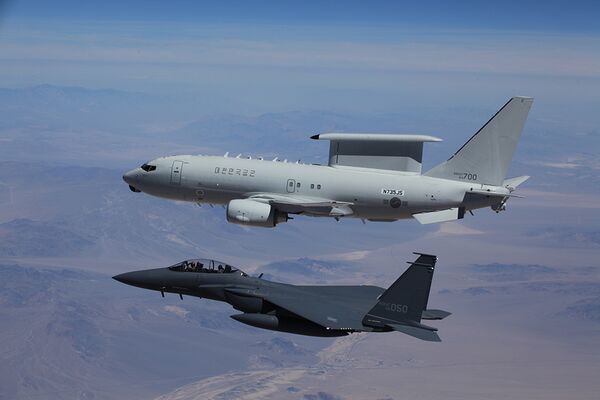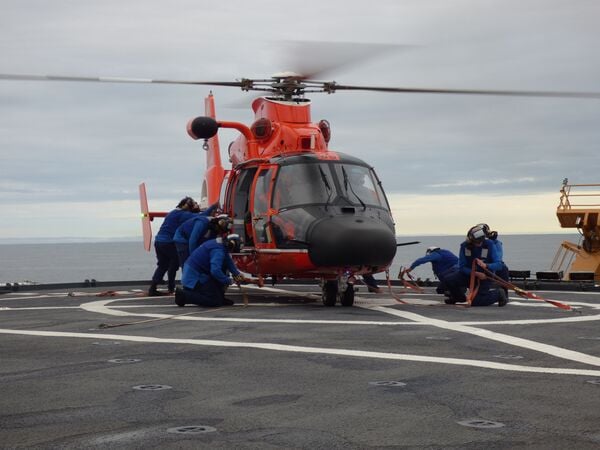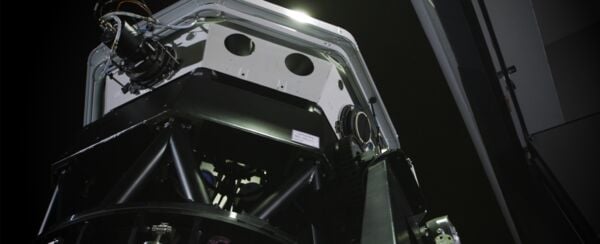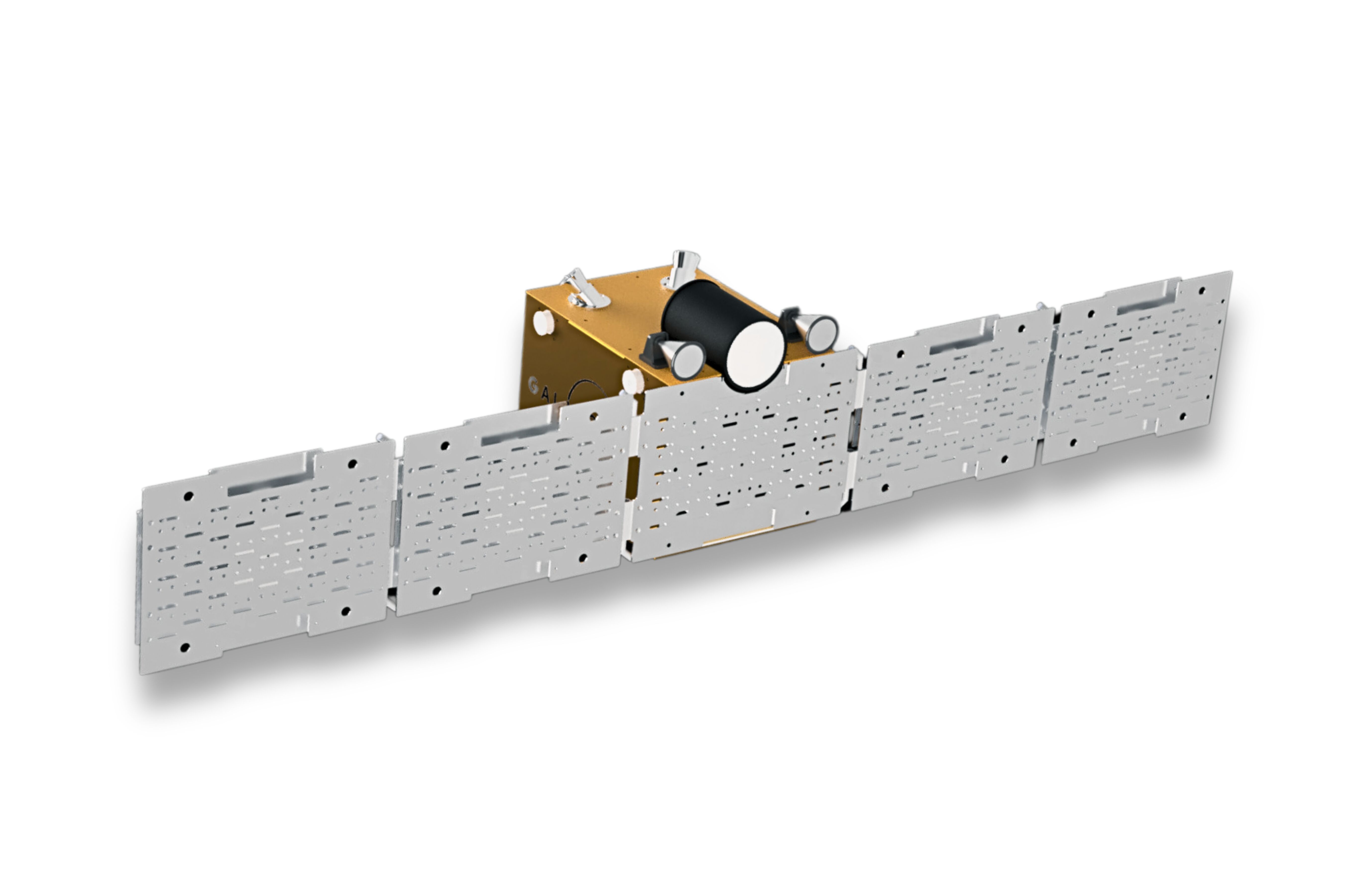- About
- Intara
- Capabilities
- Advisory
- Resources
- News
- Store
South Korea to acquire new AEW&C aircraft to track North Korean missiles
07 June 2023
by Akhil Kadidal


The Republic of Korea Air Force already operates four Boeing E-7 Wedgetail AEW&C aircraft. (Boeing)
Increasing North Korean ballistic missile activity has prompted South Korea to proceed with the planned acquisition of additional airborne early warning and control (AEW&C) aircraft.
The Republic of Korea Air Force (RoKAF) already operates four Boeing E-7A ‘Peace Eye' AEW&C aircraft, according to Janes data. Seoul acquired these aircraft in 2011–12 as part of an effort to expand its airborne surveillance and early warning infrastructure.
The new acquisition is expected to enhance the RoK's “ability to monitor North Korean missiles and defend its airspace”, South Korea's Defense Acquisition Program Administration (DAPA) said in a statement on 26 May. The acquisition is being planned for the country's Airborne Early Warning-II (AEW-II) programme.
North Korea's missile launches are increasing in frequency. According to information gathered by Janes, between 54 and 60 ballistic missile launches were conducted over a six-month period from 1 October 2022 to 12 April 2023. These numbers include unconfirmed or suspected missile launches. Information for a comparative six-month period from 15 September 2021 to 16 April 2022 from the Nuclear Threat Initiative showed 19 launches.
US Coast Guard Airbus MH-65s retire from Arctic mission
26 April 2024
by Zach Rosenberg


A Kodiak-based MH-65 trains aboard the USCGC Healy in 2022. (Janes/Michael Fabey)
The last US Coast Guard (USCG) Airbus MH-65 Dolphin in Alaska retired from Air Station Kodiak on 23 April, ending the type's 36-year employment in the service's Alaska Patrol (ALPAT) role.
“For decades, the cutter and helicopter team were the core of the ALPAT mission,” said Commander James Kenshalo, a USCG MH-65 Dolphin pilot. “Together they projected force and protection to the most extreme remote regions of our nation's territories, operating beyond where help could reach.”
Air Station Kodiak operates six Sikorsky MH-60Ts and is scheduled to receive three more in 2025. The service intends to standardise its full rescue helicopter fleet on the MH-60T, which has a longer range, greater payload capacity, and commonality with other armed service fleets. Alaska is among the first regions to complete the transition because of the long ranges required to perform rescue and security missions in the region.
Italy to enhance SSA with new ground-based sensors
26 April 2024
by Olivia Savage


Flyeye is a multiple-optics telescope with a very wide field of view that will be capable of classifying objects in space as small as 15 cm in LEO and 35 cm in MEO. The 6.5 m high and 4 m wide telescope will be used by the Italian Space Agency and military for SSA. (OHB Italia)
The Italian National Armaments Directorate (NAD) is procuring three ground-based sensors to enhance the country's space situational awareness (SSA), Janes learnt at the Military Space Situational Awareness Conference 2024, held in London from 22 to 24 April.
In total, two optical telescopes and one high-performance radar are being procured as part of its national SSA plans, Lieutenant Colonel Ferdinando Dolce, the head of SSA at NAD, said at the conference.
The first sensor being procured is a high-performance optical surveillance telescope from OHB Italia called Flyeye, Lt Col Dolce said.
Flyeye will have the capacity to monitor objects in low Earth orbit (LEO), medium Earth orbit (MEO), and geostationary orbit (GEO), Commander of the Space Situational Awareness Centre at the Italian Air Force Colonel Dario Tarantino told Janes
India's GalaxEye developing satellite with multiple sensors for Earth observation
25 April 2024
by Oishee Majumdar


A computer-aided design model of the satellite that GalaxEye Space is developing to conduct Earth observation for defence forces. The satellite will be equipped with SAR and EO sensor for enhanced surveillance. (GalaxEye Space)
Bangalore-based GalaxEye Space is developing a satellite that can carry multiple sensors for Earth observation to support the requirements of the Indian Armed Forces.
Speaking to Janes at the Indian DefSpace Symposium 2024 held in Delhi from 18 to 20 April, Deb Jyoti Pal, senior vice-president of business development at GalaxEye said the company is planning to launch the satellite into space in early 2025 for evaluation.
This low Earth observation (LEO) satellite will host an electro-optic (EO) sensor, and a synthetic aperture radar (SAR) with both sensors capturing data simultaneously to provide a more holistic view of strategic areas of interest, Pal added.
“The SAR sensor can capture data in day and night, and in any weather condition including in foggy or cloudy environment. EO sensors are not able to do this. On the other hand, SAR data can be difficult to interpret. This is where EO data can benefit a user,” Pal said.
Increasing North Korean ballistic missile activity has prompted South Korea to proceed with the plan...
Latest Podcasts
Iran Israel analysis
In this podcast Janes analysts discuss the Iranian attacks on Israel on the 14 April. They highlight the military systems used by Iran and the performance and impact of these on Israel. They also discuss the implications of this attack goi...
Listen nowJanes Case Studies
Using Janes Intara to build a common intelligence picture: Russian build up on the Ukrainian border
View Case StudyNews Categories
 Air Details
Air Details